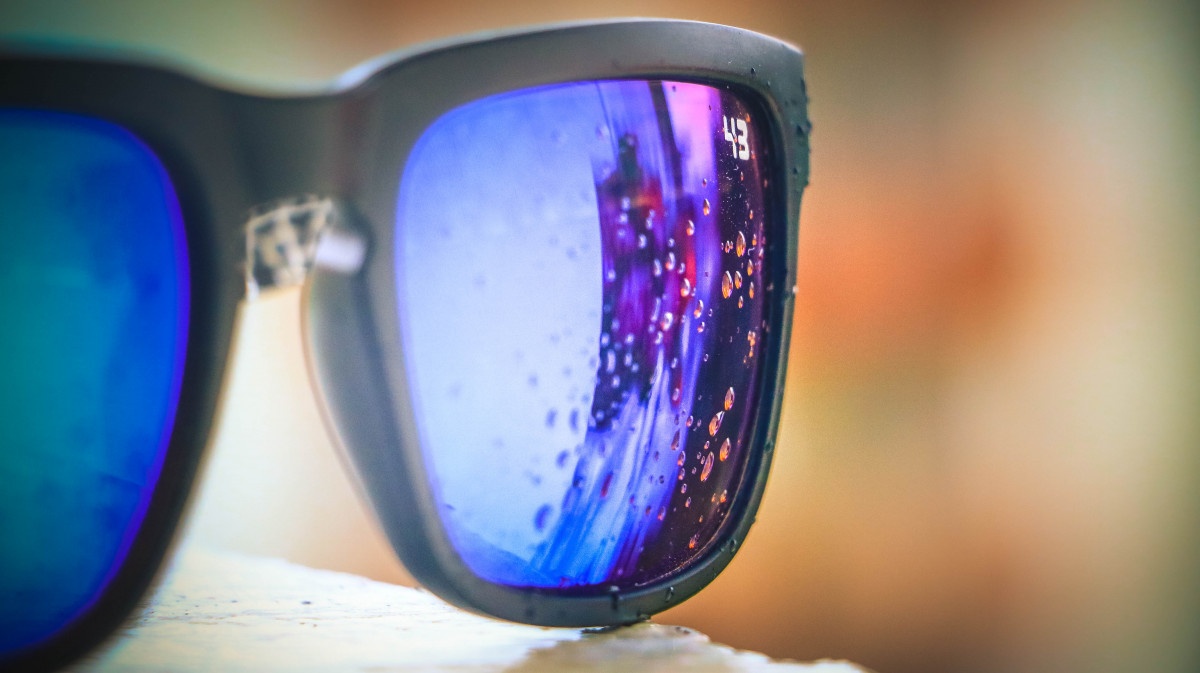
New research questions the use of blue light glasses
New research published in the Cochrane Database of Systematic Reviews on August 17 challenges the effectiveness of blue light-blocking glasses in reducing eyestrain caused by computer screens. The review analyzed 17 randomized controlled trials involving almost 620 participants across six countries. Contrary to popular belief, the findings suggest that glasses designed to “block” or “filter” the blue light emitted by screens might not offer significant relief from eyestrain when compared to regular glasses that don’t have blue light filtering capabilities.
The study’s results cast doubt on the widespread assumption that blue light glasses are a solution to the growing concern of digital eye strain. Despite the growing popularity of these glasses in recent years, the research indicates that their effectiveness might be more limited than previously thought. Digital eye strain has become increasingly prevalent as people spend more time in front of screens for work, entertainment, and communication. As a result, the demand for products that promise relief from this issue has surged.
The popularity of blue light glasses can be traced back to their association with the idea of reducing the potential negative effects of prolonged screen exposure. Manufacturers marketed these glasses as a means to alleviate discomfort, such as eye fatigue and dryness, caused by the blue light emitted by electronic devices. The presumed benefit of these glasses was that they would selectively filter out the blue light wavelengths that were thought to contribute to these problems.
Many brands capitalized on blue light glasses
In recent years, numerous brands capitalized on this perceived benefit, offering a wide range of blue light-blocking glasses. Many people, seeking relief from digital eye strain, embraced this trend and adopted blue light glasses as an essential accessory for screen use. However, the new review’s findings suggest that the effectiveness of these glasses in alleviating eyestrain may not be as clear-cut as once believed.
As our work on screens continues to grow, understanding the most effective strategies for reducing digital eye strain remains crucial. While the popularity of blue light glasses emerged from a genuine need to address the discomfort associated with screen time, it’s becoming apparent that a more comprehensive approach to managing digital eye strain might be necessary. This could include factors such as ergonomic adjustments, regular breaks, and proper lighting conditions, all of which play a role in promoting overall eye health in the digital age.
